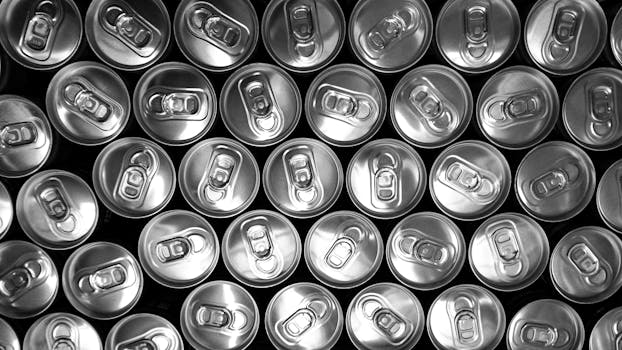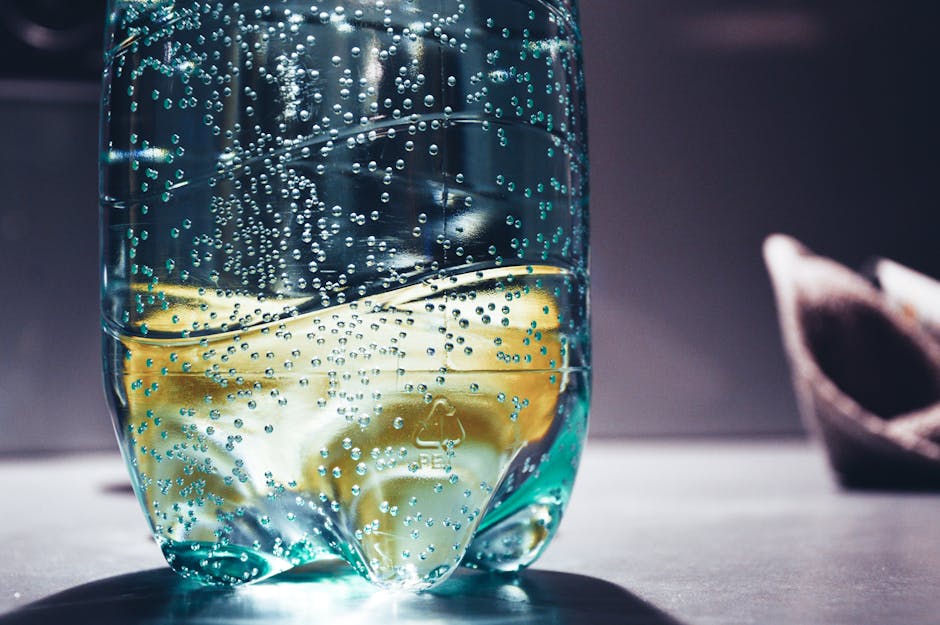Listen, none of us are under the illusion that energy drinks are good for us, but occasionally they are a necessary evil.
However, new research has shown that consuming just one energy drink in your life could actually make profound changes to your heart.
The study revealed that drinking one 32 ounce can of an energy drink resulted in more "profound changes in the heart's electrical activity and blood pressure" than drinking the same amount of a control drink containing the same amount of caffeine.
The researchers have warned people with high blood pressure, or underlying cardiac concerns to avoid energy drinks until more is known about their effects on the human body.

It was not the caffeine levels in these drinks that sparked the real worry, with most of the beverages on the market containing a host of other concerning ingredients.
The study was led by Doctor Emily Fletcher, deputy pharmacy flight commander from David Grant USAF Medical Centre at Travis Air Force Base in California.
"We decided to study energy drinks' potential heart health impact because previous research has shown 75 per cent of the base's military personnel have consumed an energy drink," Dr Fletcher said.
"And nearly 15 per cent of military personnel, in general, drink three cans a day when deployed, which is more than we studied here," she continued.

The study was published in the Journal of the American Heart Association, 18 young people were randomly divided into two separate groups, whereby the first group received cans of an energy drink containing sugar, caffeine, and various other ingredients.
The second group of young people received a control drink containing caffeine, lime juice and cherry syrup in sparkling water, and after a six-day period, the participants switched drinks.
Researchers measured the electrical activity of the participants hearts and measured their blood pressures at the study's start and at one, two, four, six and 24 hours after drink consumption.
Dr Fletcher said: "Peripheral blood pressure is the measurement of the pressure in an outlying artery, typically an upper arm. Central blood pressure is the measurement of the pressure in the aorta near the heart.

"Blood pressures at each location are not always affected equally when a substance is introduced, such as medications. Central blood pressure is an emerging and potentially superior method to assess health outcomes related to elevated blood pressure."
Dr Fletcher explained the findings: "The QT interval is the measurement of the time it takes ventricles in the heart, the lower chambers, to repolarise, or prepare to generate a beat again. It's the pause from the end of the electrical impulse generating the heart to beat to the next impulse.
"If this time interval, which is measured in milliseconds, is either too short or too long, it can cause the heart to beat abnormally. The resulting arrhythmia can be life threatening."
Moral of the story: lay off the energy drinks, mums.








